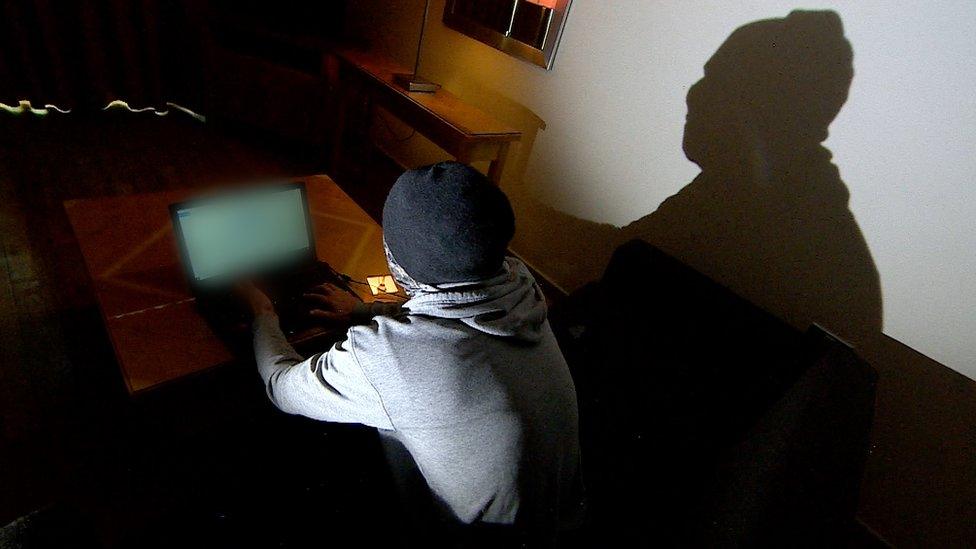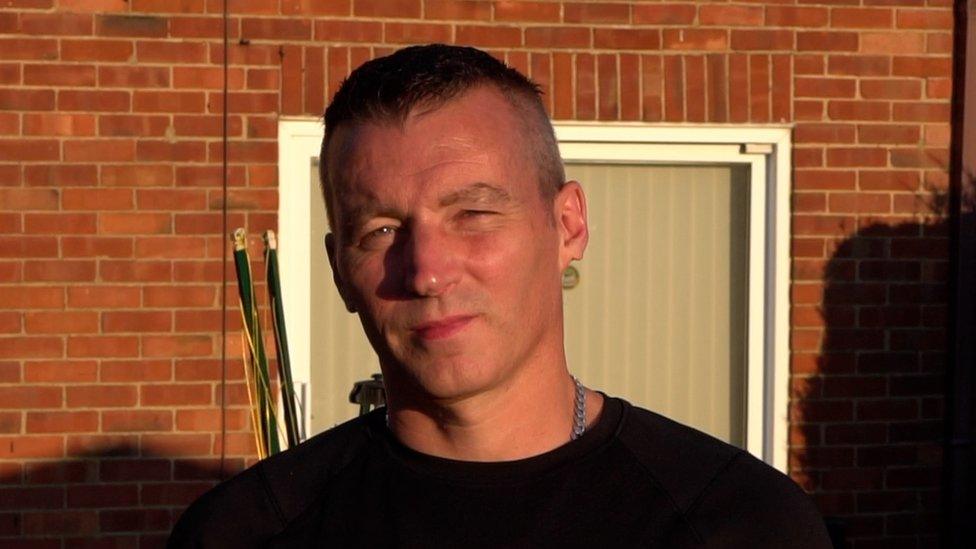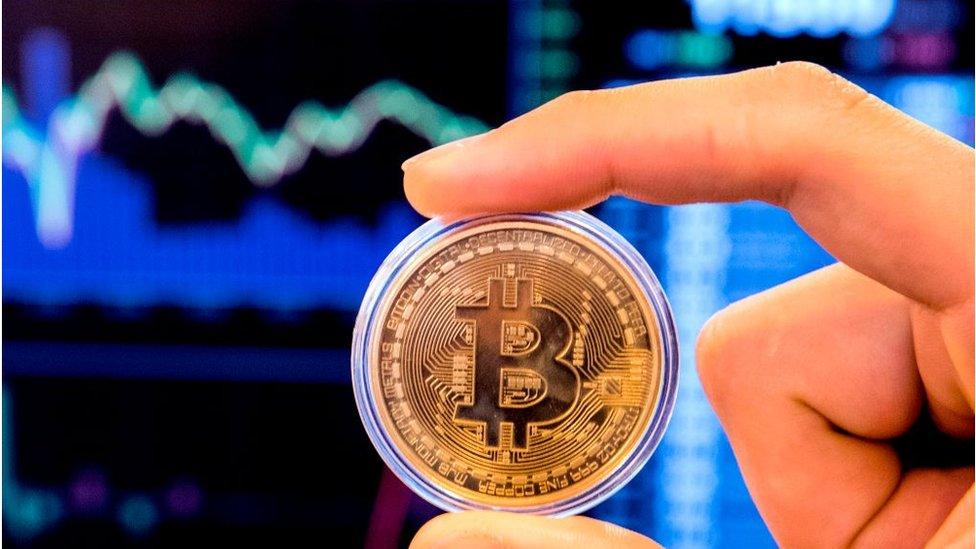Ministers were warned of 'high risk' of Covid loans fraud
- Published

The BBC revealed how criminal gangs had set up fake companies to claim loans.
The government was warned in May that its flagship loan scheme to help small firms affected by Covid was at "very high risk of fraud" from "organised crime", it has emerged.
The state-owned British Business Bank (BBB) which supervises the Bounce Back Loan Scheme, twice raised concerns.
A BBC report revealed that criminals were setting up fake firms to get loans worth tens of thousands of pounds.
The Bounce Back Loan Scheme has already paid out more than £38bn.
In early May, just two days before the scheme launched, the chief executive of the BBB, Keith Morgan, wrote of the "very significant fraud and credit risks", adding that it was "vulnerable to abuse by individuals and organised crime".
The bank, he said in a letter to Business Secretary Alok Sharma, could not guarantee "robust controls".
Other concerns included an "extensive reliance on customer self-certification" and "potential for market distortion". He said that the BBB had commissioned a review of the scheme by accountants PwC, which had classified its fraud risk as "very high".
In his letter, dated 2 May and which followed a email warning the day before, Mr Morgan also raised concerns that the quick introduction of the scheme had "created huge operational challenges".
However, Mr Sharma said the scheme should go ahead despite the risks, because of what he called the "unprecedented situation facing the country".
Bounce Back Loans are 100% government-backed loans of up to £50,000, and were introduced to mitigate the huge pressure on small businesses after the economy went into coronavirus lockdown. They do not have to be paid off for six years, and are interest-free for the first 12 months.
According to latest Treasury figures, external, there have been 1.55 million applications, with 1.26 million approvals and £38.02b paid out.
At the weekend, the BBC's Angus Crawford revealed how fraudsters were targeting the loan system. One bogus company, Tellings Home Made Furniture, "borrowed" £50,000 by stealing the personal details of a man called Mark Telling.
Watch the moment Mark Telling finds out he's been a victim of fraud
The revelations come after the head of the National Audit Office told the Guardian, external Bounce Back Loans were the "riskiest" of all the bailout measures.
But a government spokesman told the BBC the loan scheme had been vital for many businesses and that fraudsters would be pursued.
He said: "Our loan schemes have provided a lifeline to thousands of businesses across the UK - helping them survive the outbreak and protecting millions of jobs.
"Our support has been targeted to ensure we help those who need it most as quickly as possible and we won't apologise for this."
He said the government worked with agencies to minimise fraud, "with lenders implementing a range of protections including anti-money laundering and customer checks, as well as transaction monitoring controls. Any fraudulent applications can be criminally prosecuted for which penalties include imprisonment or a fine or both".
- Published28 September 2020

- Published14 August 2020
